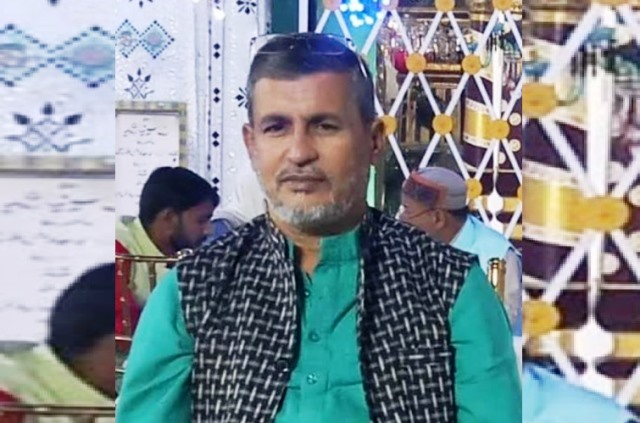Syed Rizwan Mustafa, a legal expert in Lucknow, says there should be a cooling-off period before assigning new responsibilities to retired Supreme Court judges
The debate over giving plum postings to retired Supreme Court judges is not new. Our Parliament and the National Law Commission have deliberated over the subject and its ethicality on various occasions. The most favoured view over such appointments is that there should be a cooling-off period – two or three years – for the retired judges to take up any office of profit in the government.
Supreme Court judges retire at the age of 65 and there is no harm if their experience and jurisprudence is utilized to serve the country or its institutions. Indeed, there are some offices on which only retired judges from the Supreme Court and high courts can be posted. For example, the chairman of the NHRC (National Human Rights Commission) can only be occupied by a retired Chief Justice. Or, the head of Law Commission must be a retired judge.
The matter of concern is political appointments or posts that carry a lot of power and benefits. For example, the appointments to State Raj Bhawan or nomination to the Rajya Sabha are purely political and carry a lot of weight. Such appointments send a wrong signal.
The most recent case has been the new responsibilities given to the judges of the bench which pronounced the Ram Lala–Babri Masjid dispute verdict. The bench comprised the then Chief Justice of India Ranjan Gogoi, Justice Ashok Bhushan, Justice SA Bobde, Justice DY Chandrachud (current CJI), and Justice SA Nazeer.
While Justice Nazeer has been recently appointed as the governor of Andhra Pradesh, CJI Gogoi was sent to the Rajya Sabha four months after his retirement. Similarly, Justice Bhushan, who retired in July 2021, was appointed as the director of the National Company Law Appellate Tribunal (NCLAT) after four months of his leaving office while Justice Bobde is serving as the Chancellor of Maharashtra National Law University.
ALSO READ: Has SC Blurred Separation Of Powers?
While all of these appointments, made by the current ruling dispensation, are legal and valid, these can be debated on moral and ethical grounds. The interesting part is all parties indulge in such practices while in power but decry the same when in the Opposition. This duality in itself raises doubts about these appointments.
The Law Commission, in its 14th report, had observed that retired Supreme Court justices should not be given government postings. The report also maintained that the government is a party to most of the cases in the apex court and therefore, such appointments send a wrong message to the common people. Justice AP Shah, the former chairman of the Law Commission, had also said that there should be a cooling off period of three years for retired judges when they are offered posts by the government.
Senior BJP leader and Union minister Nitin Gadkari has advocated a cooling period of two years earlier. The former Law Minister late Arun Jaitley was also of the view that appointments immediately after retirement affect the new responsibilities. However, this view is no longer being pursued by their own government. Nonetheless, the issue is debatable and it will not be simple to reach a permanent settlement.
Read More Article: http://13.232.95.176/
As told to Rajat Rai
